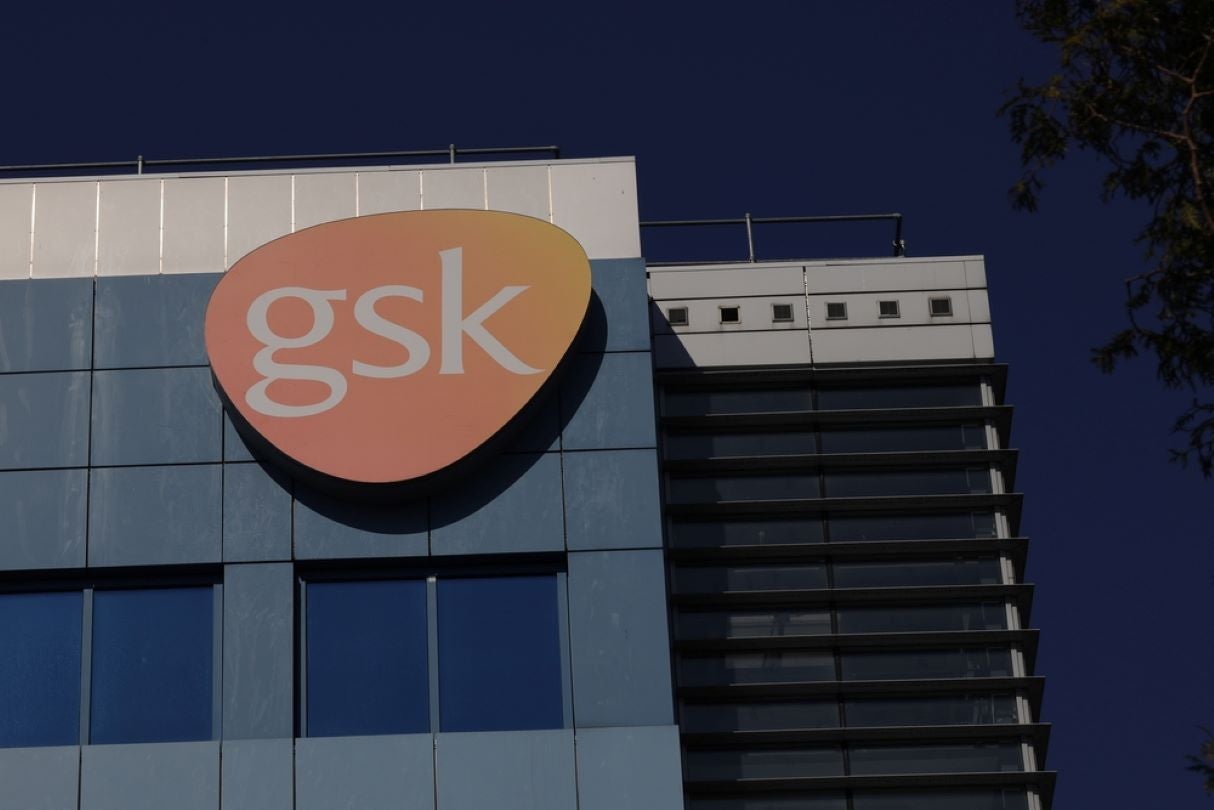
UK-based pharmaceutical giant GSK has announced that the US Food and Drug Administration (FDA) has extended the review period of its new drug application (NDA) for the rare bone cancer drug momelotinib by three months.
The FDA will make an approval decision by the new Prescription Drug User Fee Act (PDUFA) target action date of 16 September 2023. The reason for this review extension was undisclosed in the announcement.
In July 2022, GSK acquired the therapy as part of its $1.9bn acquisition of Sierra Oncology. Momelotinib is a Janus kinase (JAK) 1/2 and activin receptor type 1 (ACVR1) inhibitor under development for myelofibrosis. This mechanism activates the transcription of hepcidin, reducing the risk of anaemia.
Myelofibrosis is a rare bone marrow cancer that causes the dysfunctional production of blood cells, leading to extensive bone marrow scarring, causing severe anaemia. According to the National Organization for Rare Diseases, primary myelofibrosis affects 1.5 people per every 100,000 individuals in the US.
The FDA’s review will take into account data from the Phase III MOMENTUM trial (NCT04173494). The double-blinded study investigated the efficacy of momelotinib compared to danazol in patients with myelofibrosis who were symptomatic and anaemic and had been previously treated with an FDA-approved JAK inhibitor.
The trial’s data readout found that the momelotinib group had a favourable safety profile and the drug caused clinically significant improvements in myelofibrosis-associated symptoms, anaemia symptoms, and more, in comparison to the danazol group.
First-in-line treatment for myelofibrosis currently involves treatment with Jakafi (ruxolitinib) in combination with other drugs such as danazol. Novartis and Incyte Corp’s Jakafi was the first FDA-approved drug for the treatment of myelofibrosis in November 2011. Danazol is an oestrogen antagonist that relieves certain disease-related symptoms and causes spleen improvements.
GSK is also developing Momelotinib for other conditions such as non-small cell lung cancer, polycythemia vera, and pancreatic ductal adenocarcinoma. The drug is not currently approved in any markets globally.
